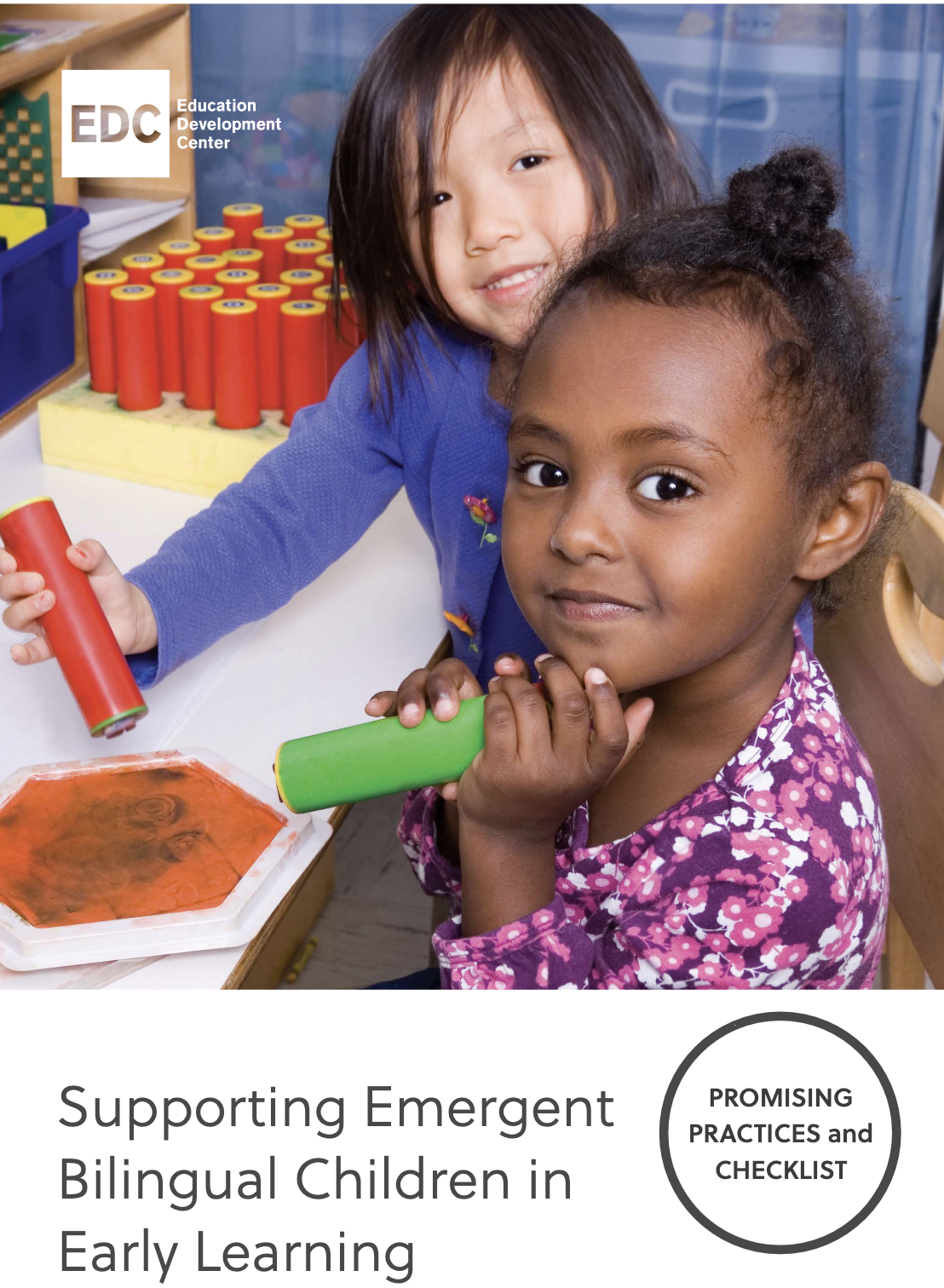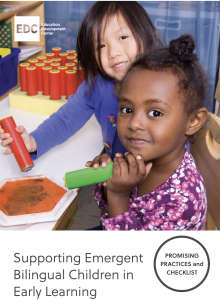The Emergent Bilingual Experience
 In today’s Voices of Compassion episode, we celebrate the power of bilingualism as a strength rather than a challenge. Join us in a conversation with doctoral psychology intern at CHC, Chelsea Yanuaria. Chelsea is a mental health professional who provides a unique lens on the journey of emergent bilingual individuals, highlighting the unique advantages and strengths that come with navigating multiple languages and cultures. Read more »
In today’s Voices of Compassion episode, we celebrate the power of bilingualism as a strength rather than a challenge. Join us in a conversation with doctoral psychology intern at CHC, Chelsea Yanuaria. Chelsea is a mental health professional who provides a unique lens on the journey of emergent bilingual individuals, highlighting the unique advantages and strengths that come with navigating multiple languages and cultures. Read more »


 Common mental health conditions among Latinx are generalized anxiety disorder, major depression, post-traumatic stress disorder (PTSD) and excessive use of alcohol and drugs. Additionally, suicide is a concern for Latinx youth. An estimated 33% of Latinx adults with mental illness receive treatment each year compared to the U.S. average of 43%. Without treatment, certain mental health conditions can worsen and become disabling.
Common mental health conditions among Latinx are generalized anxiety disorder, major depression, post-traumatic stress disorder (PTSD) and excessive use of alcohol and drugs. Additionally, suicide is a concern for Latinx youth. An estimated 33% of Latinx adults with mental illness receive treatment each year compared to the U.S. average of 43%. Without treatment, certain mental health conditions can worsen and become disabling. 
 If you were raised in a Latinx household, you’ll know that when it comes to mental health, we don’t grow up talking about it.
If you were raised in a Latinx household, you’ll know that when it comes to mental health, we don’t grow up talking about it.
 In the United States alone, more than 16% of the Latinx community struggles with a mental health condition. This is nearly 10 million people. And while mental health doesn’t discriminate against any one community, it does affect non-White populations at prolonged rates. Such that, depression in Blacks and Hispanics is likely to be more
In the United States alone, more than 16% of the Latinx community struggles with a mental health condition. This is nearly 10 million people. And while mental health doesn’t discriminate against any one community, it does affect non-White populations at prolonged rates. Such that, depression in Blacks and Hispanics is likely to be more 
 These resources from the
These resources from the 
 Bilingual books are not about simply placing the books in your library and hoping they will get utilized by your students. Likewise, the books are not an answer to diversity issues in your classroom teaching. Bilingual books deal with the same issues that monolingual books address: colorism, gender, and more.
Bilingual books are not about simply placing the books in your library and hoping they will get utilized by your students. Likewise, the books are not an answer to diversity issues in your classroom teaching. Bilingual books deal with the same issues that monolingual books address: colorism, gender, and more. 
 For years, ELL students have been regarded as students who come with a deficit, or gaps, in their knowledge. The assumption is that these students must be taught English in order to assimilate into our culture and ultimately be successful in school. On the other hand, to regard these students as “emergent bilingual,” suggests that there is value in their native language and cultural background, in addition to other contributions they bring to the classroom.
For years, ELL students have been regarded as students who come with a deficit, or gaps, in their knowledge. The assumption is that these students must be taught English in order to assimilate into our culture and ultimately be successful in school. On the other hand, to regard these students as “emergent bilingual,” suggests that there is value in their native language and cultural background, in addition to other contributions they bring to the classroom. 
 Babies are born “citizens of the world.” Children can tell the difference between all the sounds in all the world’s languages at birth. By the time they turn one year old, infants have become “language specialists.” At 10 to 12 months, infants no longer hear the differences between sounds in other languages.
Babies are born “citizens of the world.” Children can tell the difference between all the sounds in all the world’s languages at birth. By the time they turn one year old, infants have become “language specialists.” At 10 to 12 months, infants no longer hear the differences between sounds in other languages. 
 Supporting Emergent Bilingual Children in Early Learning from Education Development Center (EDC) draws on current research into how children learn, giving educators promising practices for supporting the diverse needs of young learners.
Supporting Emergent Bilingual Children in Early Learning from Education Development Center (EDC) draws on current research into how children learn, giving educators promising practices for supporting the diverse needs of young learners. 
 Latino communities often struggle to find quality care. Fortunately, there are a number of organizations that offer care and support to those in the Latino community.
Latino communities often struggle to find quality care. Fortunately, there are a number of organizations that offer care and support to those in the Latino community. 

